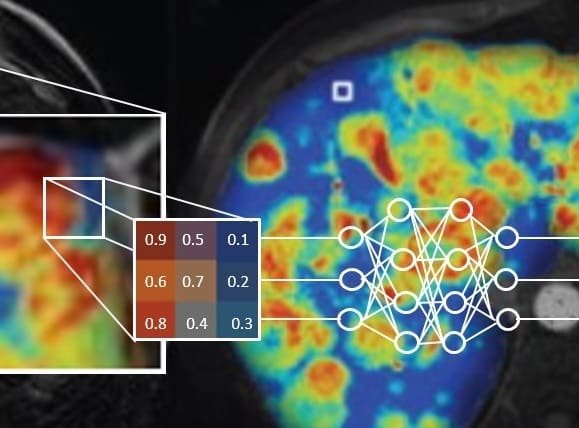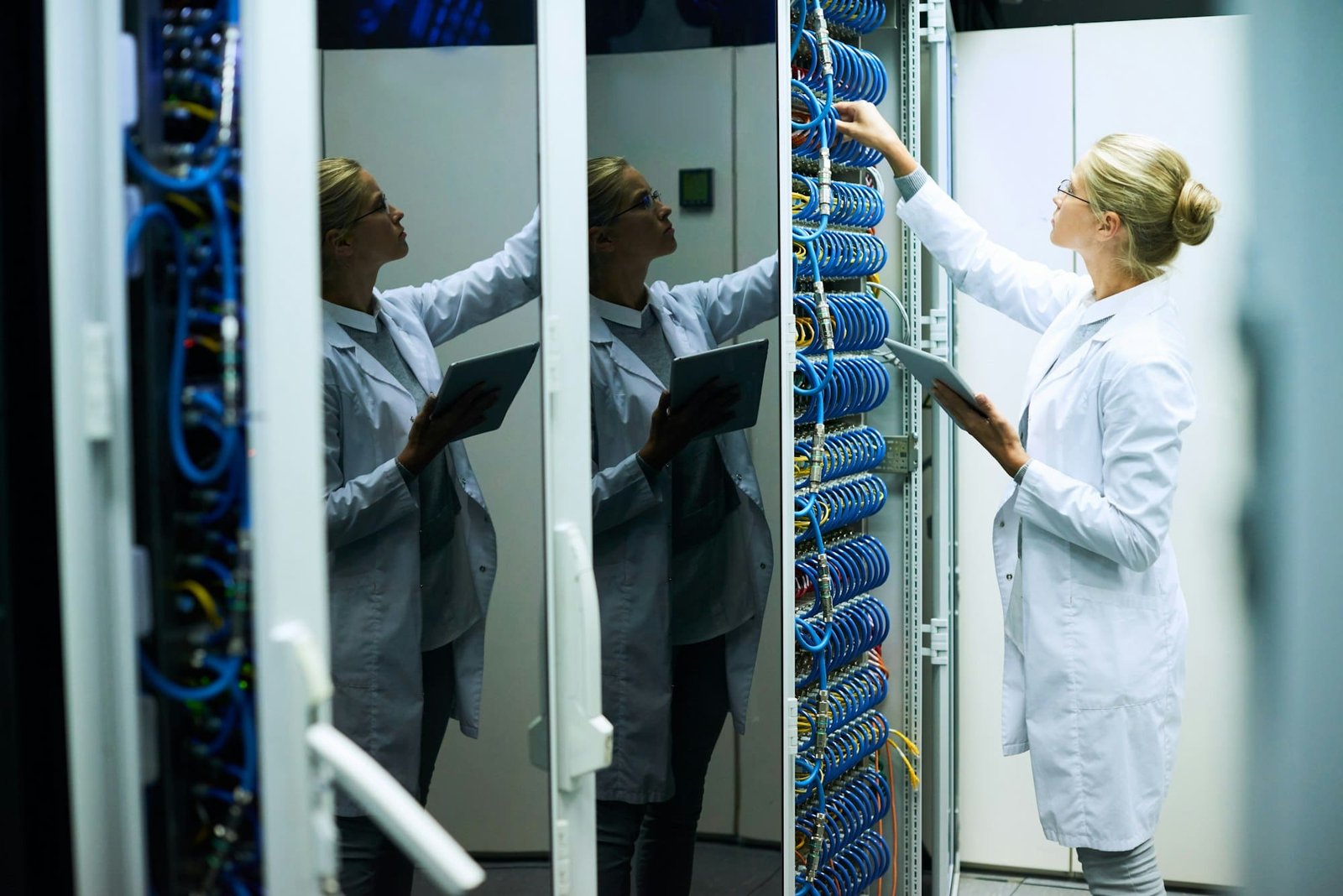In oncology research, the application of mathematics and statistics plays a crucial role in analysing complex biological data, deciphering patterns, and drawing meaningful conclusions. By employing advanced mathematical models and statistical methods, researchers can gain valuable insights into cancer progression, treatment efficacy, and patient outcomes. These quantitative tools enable the identification of biomarkers, prediction of disease trajectories, and optimization of treatment strategies, ultimately contributing to the advancement of personalised medicine in the fight against cancer. The members of CATCR have substantial expertise in this area, comprising numerous highly recognised individuals in this space.
Recent years have seen the explosion in the use of artificial intelligence (AI) techniques to solve a myriad of clinical problems related to oncology. These techniques can be used throughout a person’s cancer journey to improve outcomes, which has contributed to the exponential growth in research in this area. These AI models are just now starting to enter existing clinical practice in discrete areas of healthcare, particularly in oncology when it comes to diagnosing and identifying various malignancies. Given the potential to both improve patient outcomes and to save substantial time for a variety of hospital staff, and the continuing growth in the research and clinical implementation of these techniques, CATCR has identified AI as a key area of contribution. Presently, CATCR has significant expertise in the research and development of these models, as well as involvement with clinical implementation at Sir Charles Gairdner Hospital. We are thus well placed to drive the ongoing wave of AI development.






